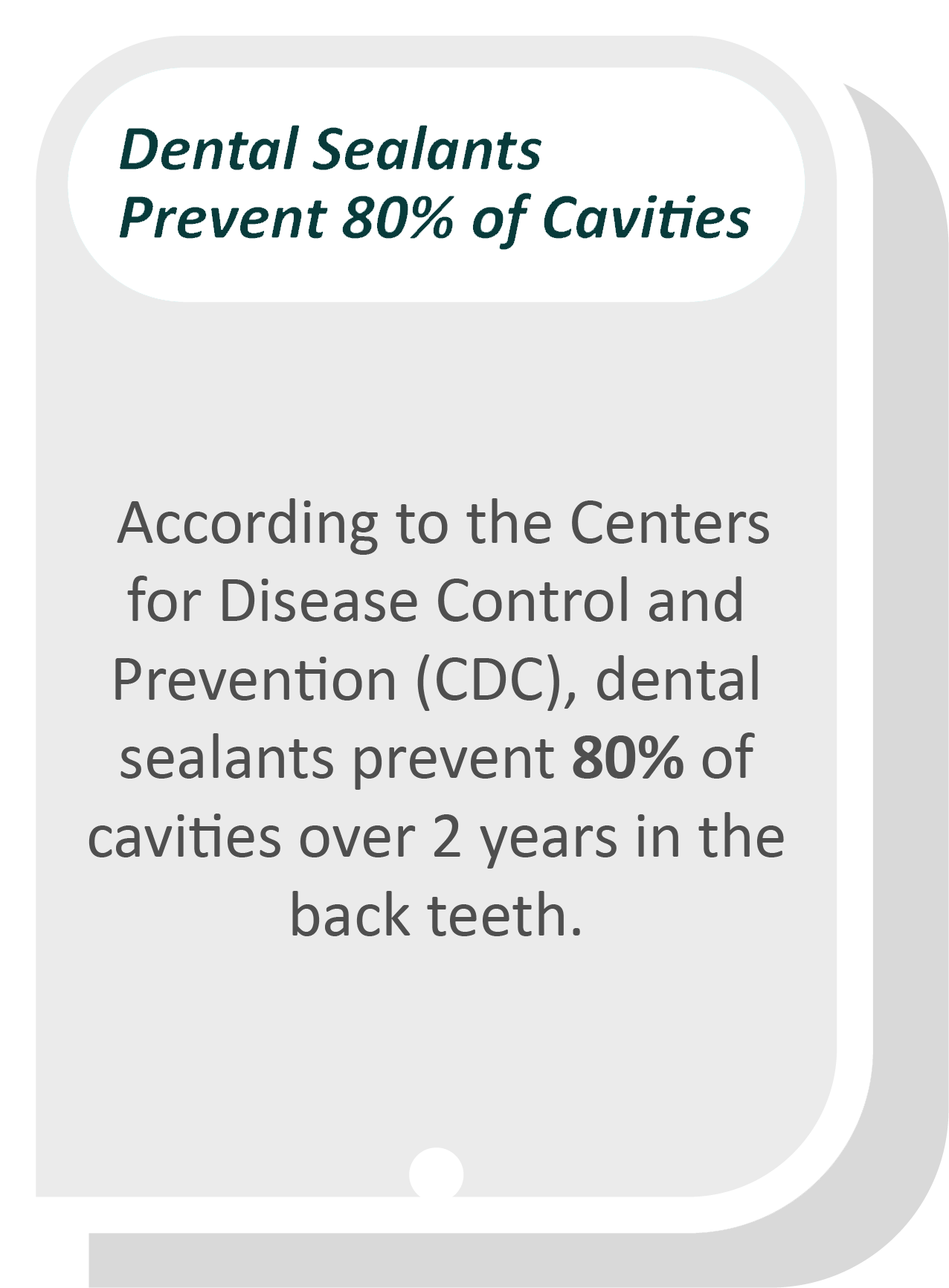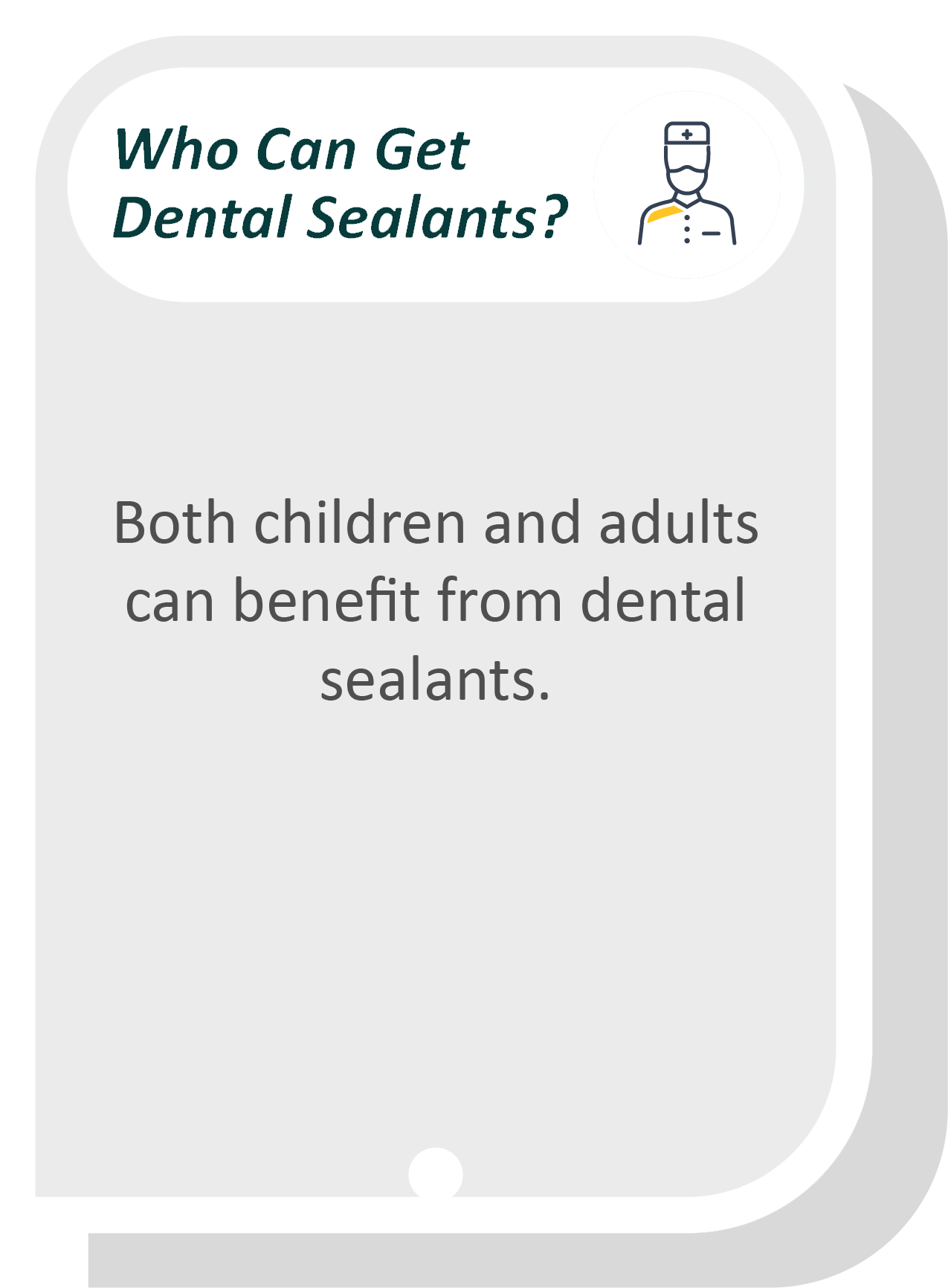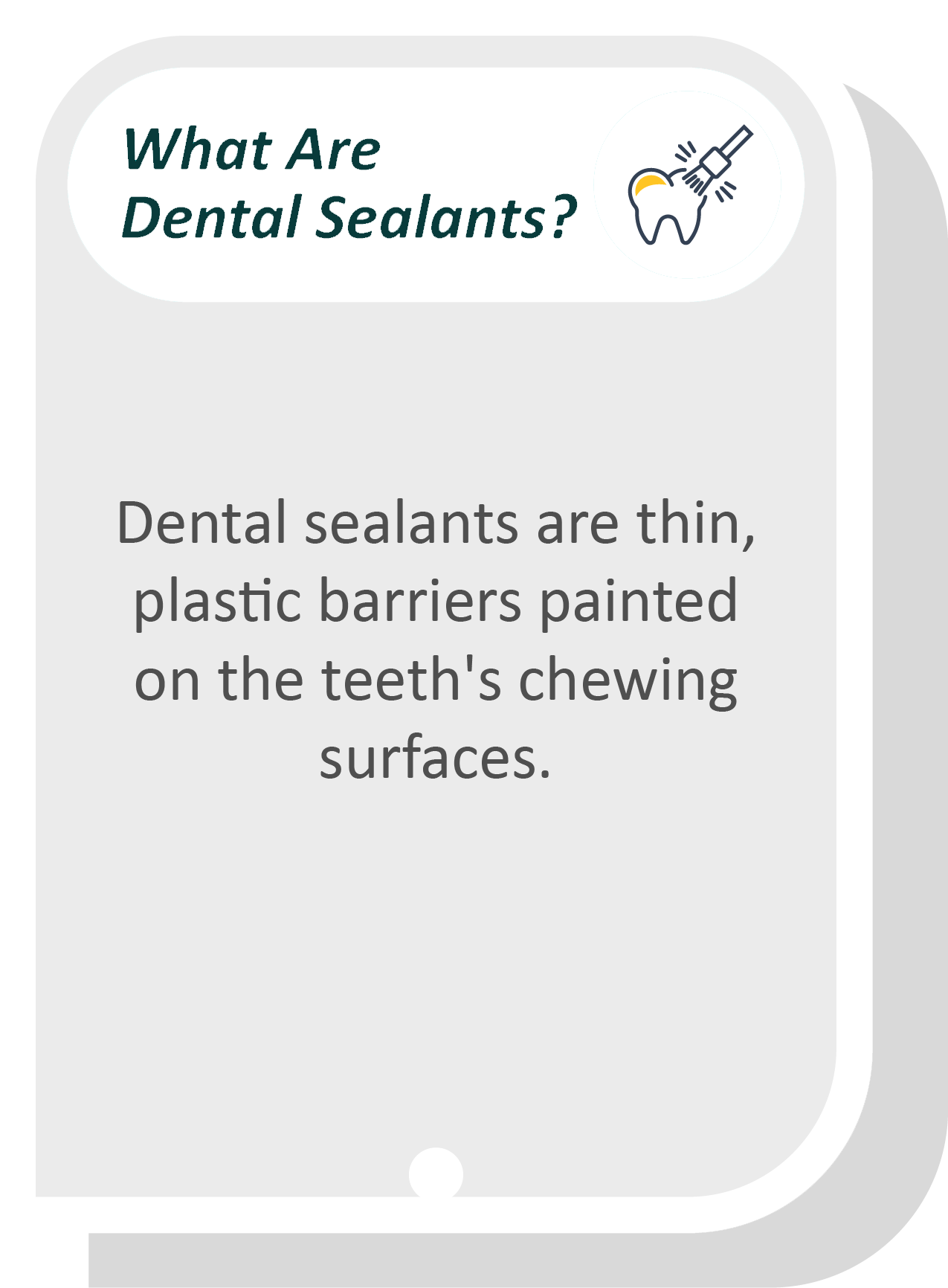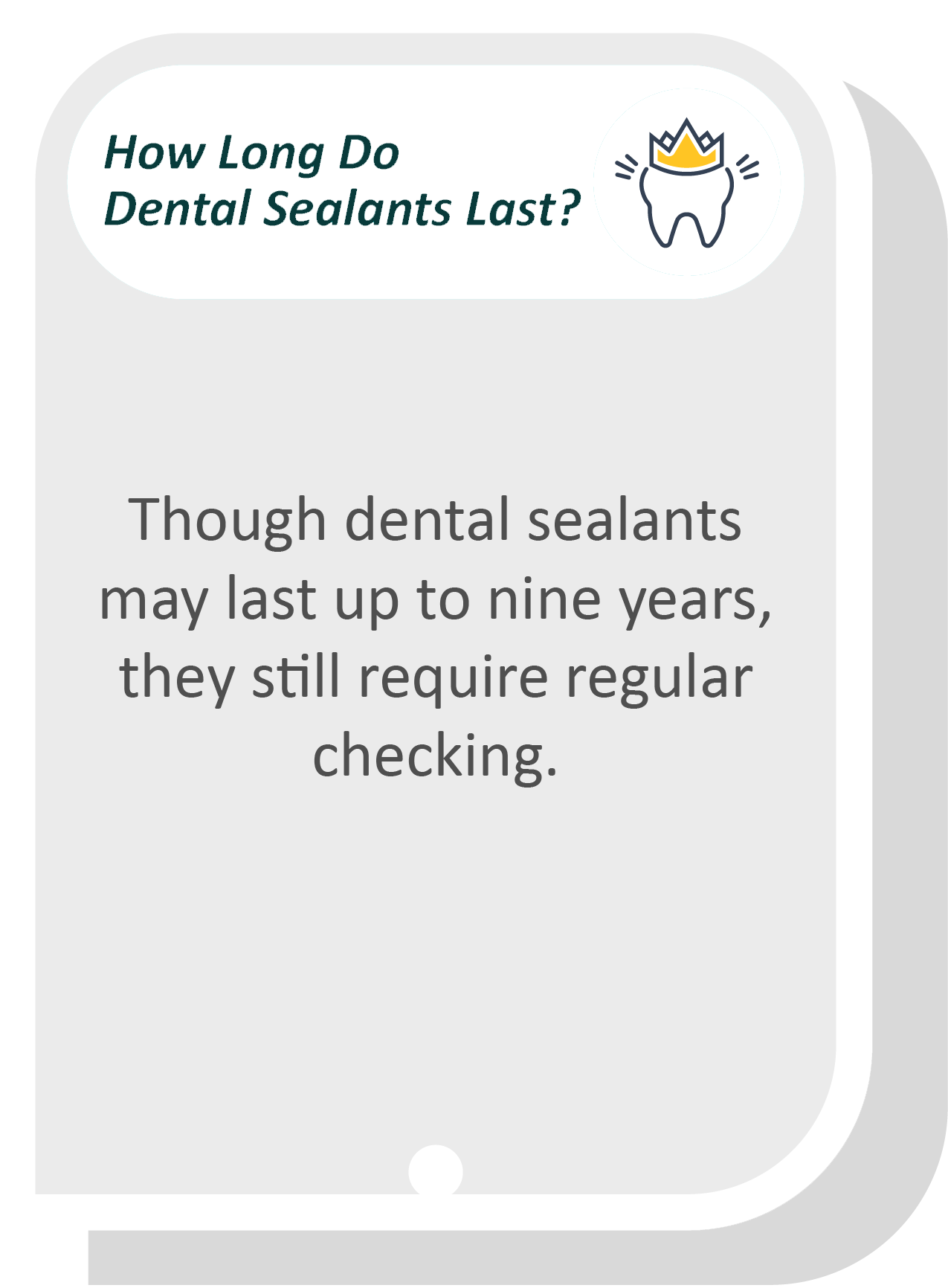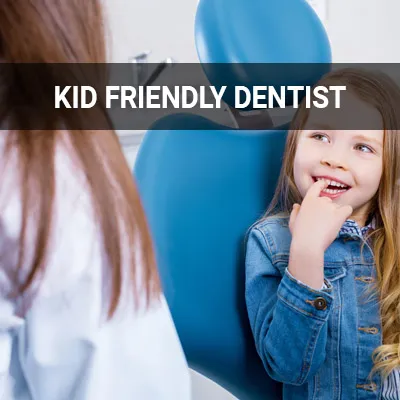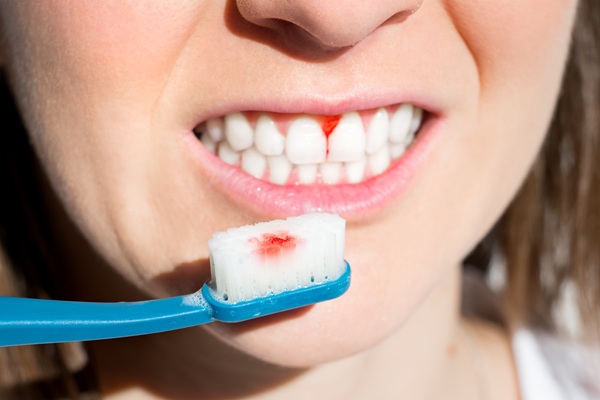Dental Sealants Spartanburg, SC
Bacteria love to find all the nooks and crannies in teeth, especially in the back teeth used to chew. In addition to brushing and flossing, dental sealants provide another layer of protection. This thin plastic coating fills and adheres to the chewing surface of the teeth to help prevent cavities.
Dental sealants are available at North Grove Dental in Spartanburg and the surrounding area. Our staff can discuss the procedure and answer any questions. Call us at (864) 504-6224 to learn more and schedule an appointment.
The Details About Dental Sealants
Dental sealants are thin plastic that is bonded to the tooth surface as additional protection again tooth decay. This protective coating helps keep bits of food out of the grooves of the teeth and stops bacteria and acid from settling there. According to the American Dental Association, sealants prevent 80% of cavities in the back teeth.
Dental sealants have been used successfully for more than 40 years and continue to grow in popularity. Research shows school-age children (ages 6–11) without sealants have almost 3 times as many cavities in the first molars as children with sealants.
“Dental sealants have been used successfully for more than 40 years and continue to grow in popularity.”
The Right Age for Sealants
Both children and adults can benefit from sealants, but the earlier they are put on, the better the long-term outcome. Children should get sealants on their permanent molars as soon as they come in. The first molars usually appear around six years old and the second molars roughly six years later. Sealants will protect teeth through a child's most cavity-prone years.
Dental sealants may also benefit baby teeth. Since baby teeth play such an important role in the correct spacing of permanent teeth, it is important to keep those teeth healthy and in place until they are ready to come out. When determining whether to have sealants applied to a younger child, make sure the child can keep their mouth open for an extended period and sit still for the procedure.
“Children should get sealants on their permanent molars as soon as they come in.”
The Advantages and Disadvantages
In addition to their protective properties, dental sealants have longevity and durability. Dental sealants prevent 80% of cavities over 2 years in the back teeth, where 9 in 10 cavities occur. Sealants can even stay in the mouth for as long as nine years.
There are some disadvantages. Children may need to have sealants reapplied if they fall out, chip, or wear away. Dental sealants can get chipped or worn when a patient bites into hard food or eats too much food with high acidic content. It's best to keep a close eye on what a child with sealants consumes, especially right after the sealant is applied. A patient's bite can feel slightly off after application due to the extra layer on the tooth, but this is temporary. During a regular dental visit, we will check the sealant's condition and reapply them as needed. Sealants need to be monitored and maintained during routine visits to ensure they do not wear away.
“In addition to their protective properties, dental sealants have longevity and durability.”
Check out what others are saying about our dental services on Yelp: Dental Sealants in Spartanburg, SC
The Dental Sealant Procedure
The procedure used to apply dental sealants is quick and painless. First, the teeth are cleaned and dried. We will then apply an acidic gel to the tooth surface to help create a strong bond between the tooth and the sealant. Once the gel is rinsed off and the teeth dried again, the sealant is applied to the grooves of the chewing surface. A special curing light hardens the sealant onto the tooth.
We will also check the surface for any problems. If any issues are present, the sealant may be touched up or reapplied. Then we will rinse the newly sealed teeth clean. There are no known side effects from the procedure and no eating or drinking restrictions after treatment.
“The procedure used to apply dental sealants is quick and painless.”
Questions Answered on This Page
Q. What are dental sealants? Are they growing in popularity?
Q. What's the right age to get sealants?
Q. What are some of the advantages and disadvantages of dental sealants?
Q. How are dental sealants applied?
Q. What does it feel like after sealants are applied?
People Also Ask
Q. What are composite fillings?
Q. What is involved in the dental cleaning portion of a checkup?
Q. Can sealants protect against cavity-forming bacteria?
The Post-Sealant Experience
There may be some slight discomfort when the sealants are first applied as the child gets used to having an additional layer of material on their back teeth. Some children complain of a feeling of not being able to fit their back teeth together. The thin film will feel like it's a part of the actual tooth within a day or so.
Other reactions include complaining of an odd taste immediately after sealant application. Usually, a good rinse or a sip of a flavored drink will help eliminate the taste. Our team will help address any issues or concerns after the sealants are applied.
“There may be some slight discomfort when the sealants are first applied as the child gets used to having an additional layer of material on their back teeth.”
Frequently Asked Questions
Q. What are dental sealants?
A. Sealants are a liquid material used to fill the grooves and depressions on the surface of the teeth, especially the molars. This plastic coating bonds to the tooth's surface. This protects the tooth from lingering food and bacteria, helping to prevent decay.
Q. Who should get dental sealants?
A. Children and adults can receive dental sealants. However, we typically recommend them for children and teens to help prevent cavities. Adults who are prone to tooth decay are also good candidates for dental sealants.
Q. How much do sealants cost?
A. The cost of dental sealants varies. It will depend on factors, such as the location, insurance plan, and the number of treated teeth. Patients should contact their insurance provider for more information.
Q. Are dental sealants painful?
A. The process of applying dental sealants is convenient and painless. We brush the plastic coating onto teeth, which does not cause any pain. Dental sealants will prevent cavities that can cause tooth pain and damage.
Q. How long do sealants last?
A. If taken care of properly, sealants can last for many years. Our team will ensure that the sealants are not showing any signs of wear and tear during regular dental checkups. Dental sealants are not hard to replace if necessary.
Dental Terminology
Helpful Related Links
- American Dental Association (ADA). Glossary of Dental Clinical Terms. 2024
- American Academy of Cosmetic Dentistry® (AACD). Home Page. 2024
- WebMD. WebMD’s Oral Care Guide. 2024
About our business and website security
- We accept the following payment methods: American Express, Cash, Check, Discover, and MasterCard
- We serve patients from the following counties: Spartanburg
- We serve patients from the following cities: Spartanburg, Saxon, Arcadia, Drayton, Glendale, Rosewood, Roebuck, and Southern Shops
- National Provider Identifier Database (1114139417). View NPI Registry Information
- Norton Safe Web. View Details
- Trend Micro Site Safety Center. View Details
Back to top of Dental Sealants

